Kayla started wearing glasses (far-sighted) a couple of years ago and she was also diagnosed with Amblyopia and Convergence Insufficiency. You can read about the process that took and the ensuing vision therapy here, and here.
She's been discharged from vision therapy. There is only so much therapy you can do and they felt like she plateaued and didn't recommend her continuing the therapy.
I wish I could say that I noticed huge, major improvements with her reading after this therapy, but I haven't. Not to say that it hasn't helped. They of course did their assessments throughout the time she was receiving vision therapy and according to their assessments she showed much improvement on all the testing that they did.
I always read testimonials on various products or therapies where the parents are amazed at the differences, the changes, the improvements they saw in their child and how much better they were doing on whatever it was they were working on. I've never been able to see anything so straightforward like that with Kayla.
She went on a gluten-free diet and I didn't notice any change in her behavior.
She had her tonsils and adenoids out and I didn't notice any change in her attention span.
I'm trying Vayarin but haven't noticed a drastic change. I've asked one of her teachers about her attention and focus - although this is Kayla's first year there so she wouldn't have anything to compare it to she did say that it isn't hard to get her attention back to where it needs to be and it hasn't hindered her learning - so maybe it is helping her at school. I'm just not seeing it at home.
I meant to take a video showing how Kayla was reading before she got glasses and started vision therapy so I could compare it to how she reads after completing therapy, but I forgot. There is some improvement in reading, but that could also be due to the fact that it is 2 yrs later!
I'm still glad we went through with vision therapy; it might not have made the drastic changes I had hoped to see, but I think it did help her eyes start working better together.
For more information on vision research, read Down Syndrome Education's Vision in Children With Down Syndrome: A Research Update.
What I found particularly interesting was the section on focusing at near and that even if a child is wearing glasses to correct vision they may still have a lot of trouble focusing on near work which can make school work difficult. In a controlled study bifocals were shown to improve focusing at near. Kayla still has a lot of difficulty with handwriting and it isn't a task she likes to do; she also seems to tire after only a few minutes of writing. If she doesn't have a clearly defined space her letters and words are all over the place. I think I will talk to her optometrist about the possibility of bifocals to see if that will help improve near work for her.
 Grab This Button
Grab This Button



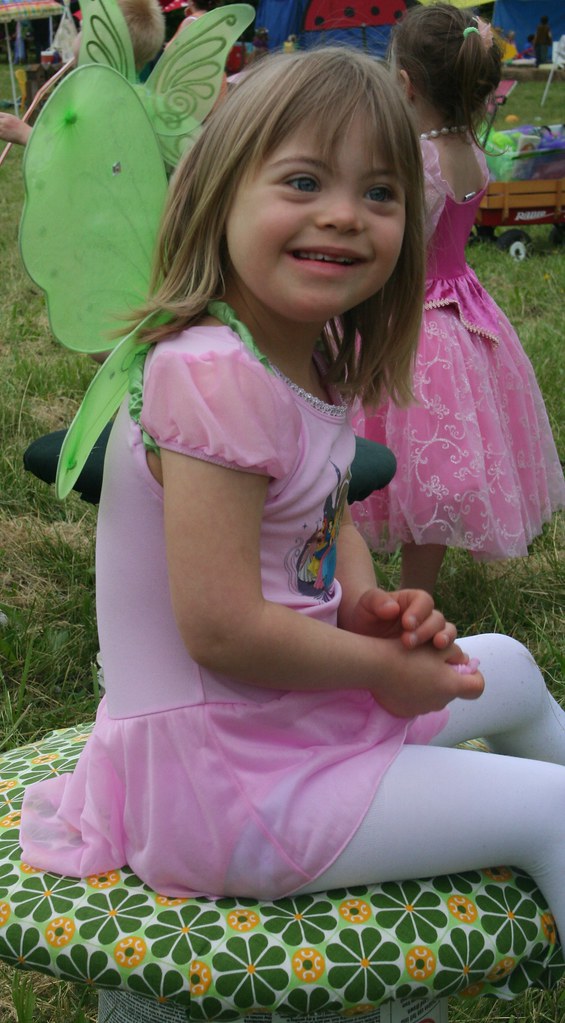

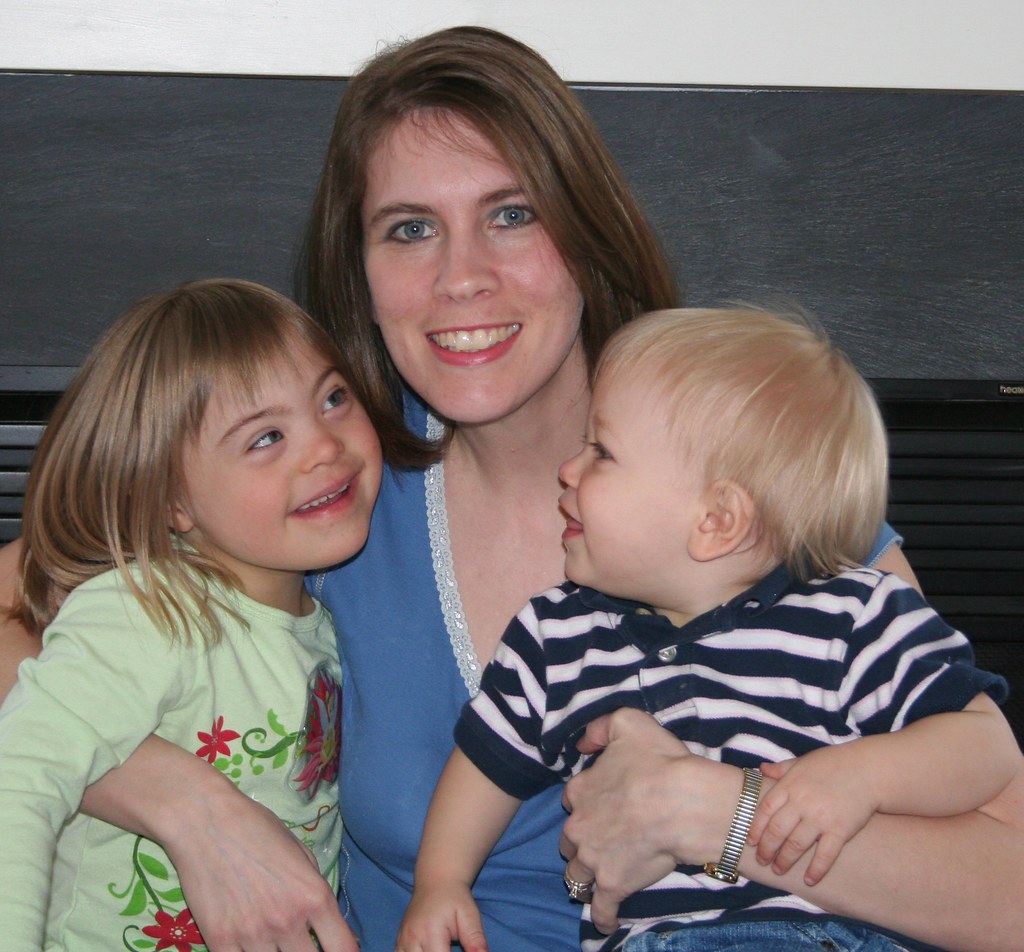
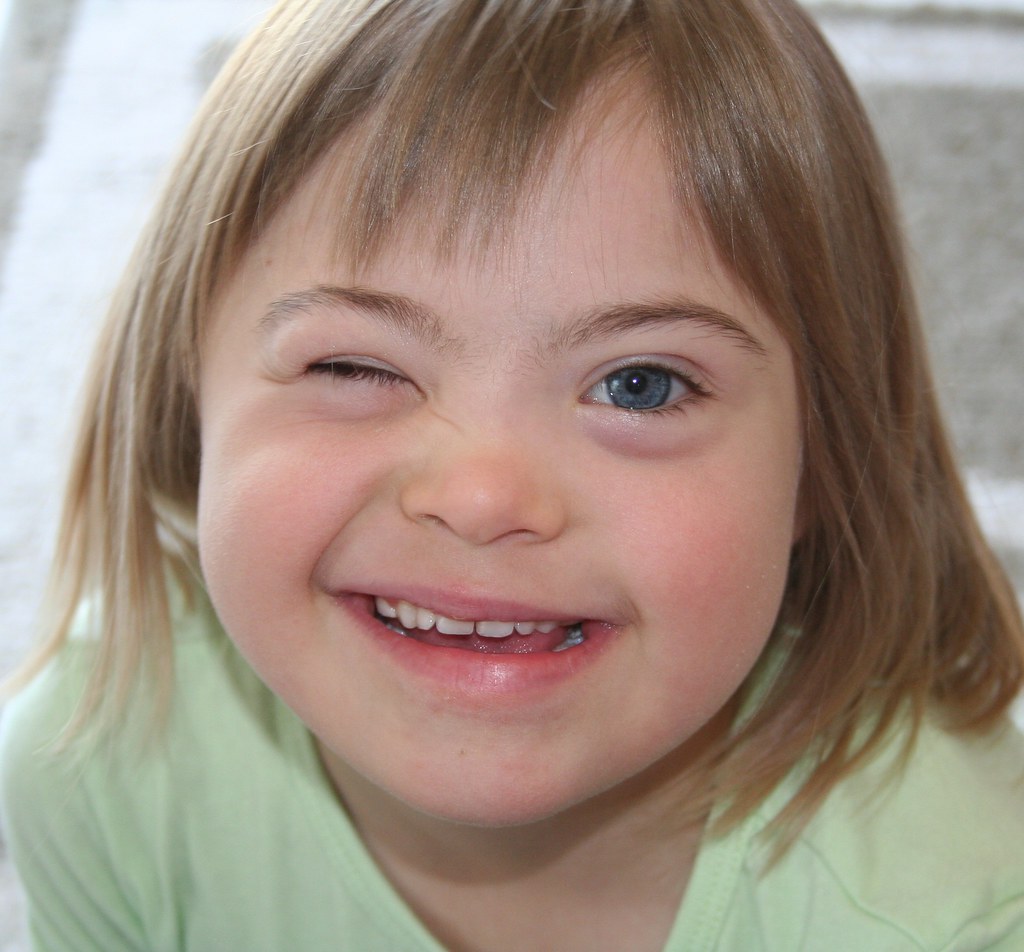
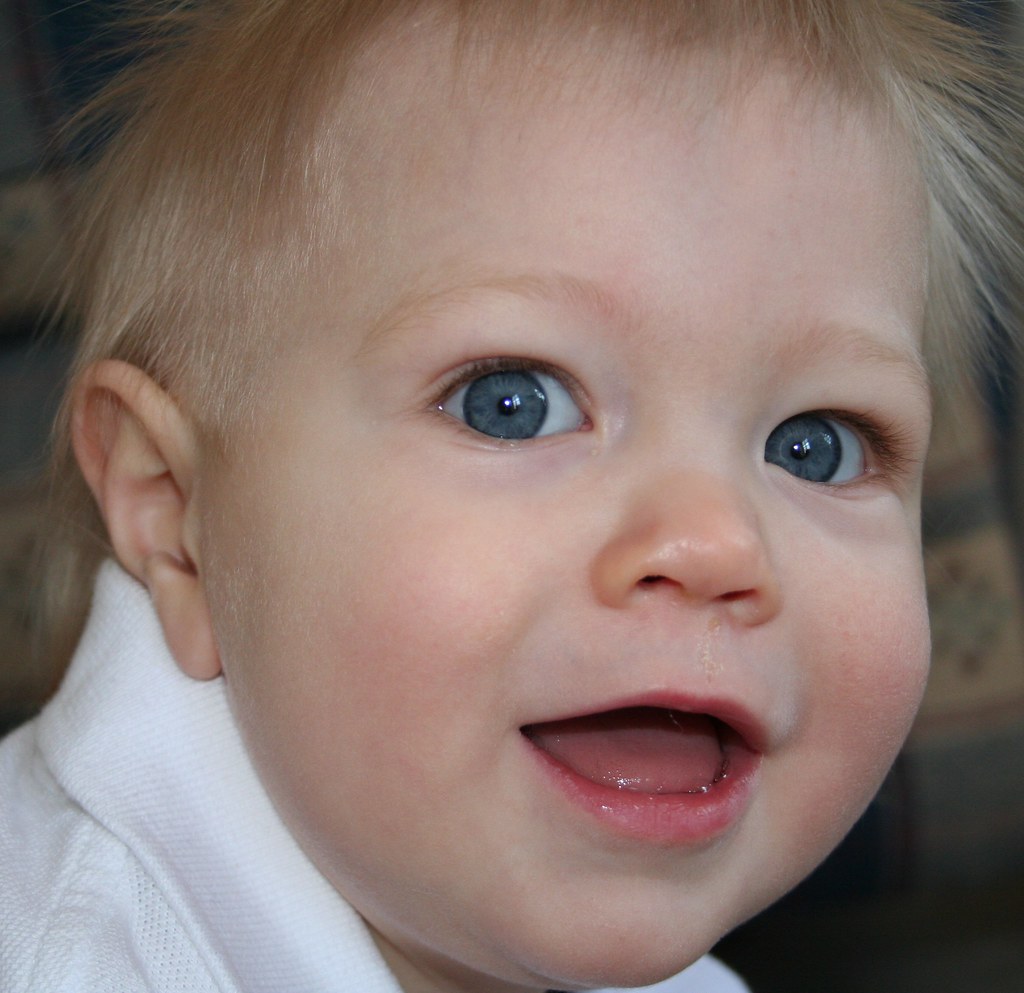
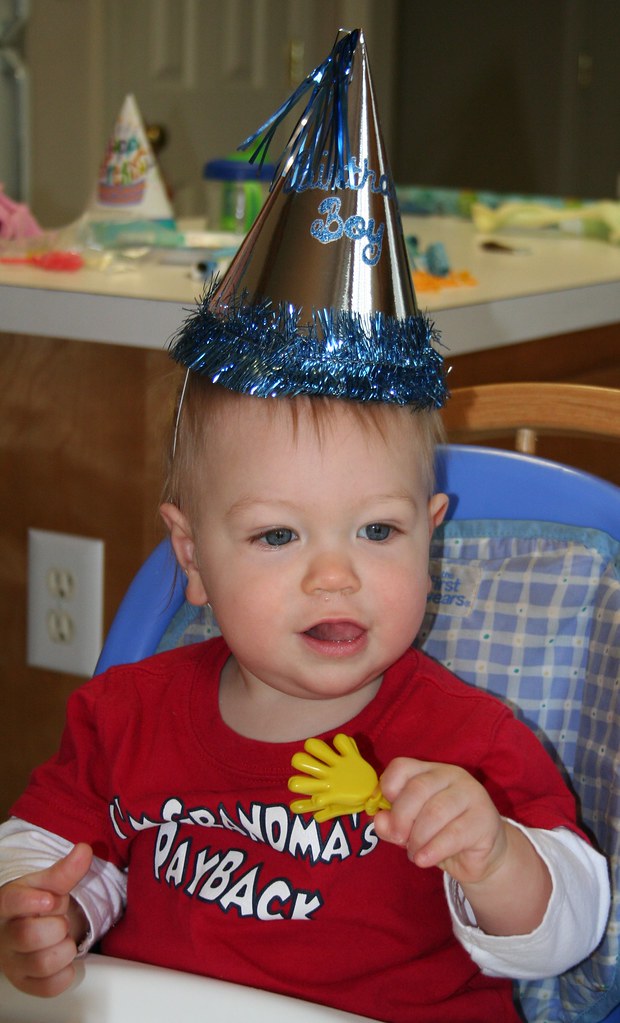

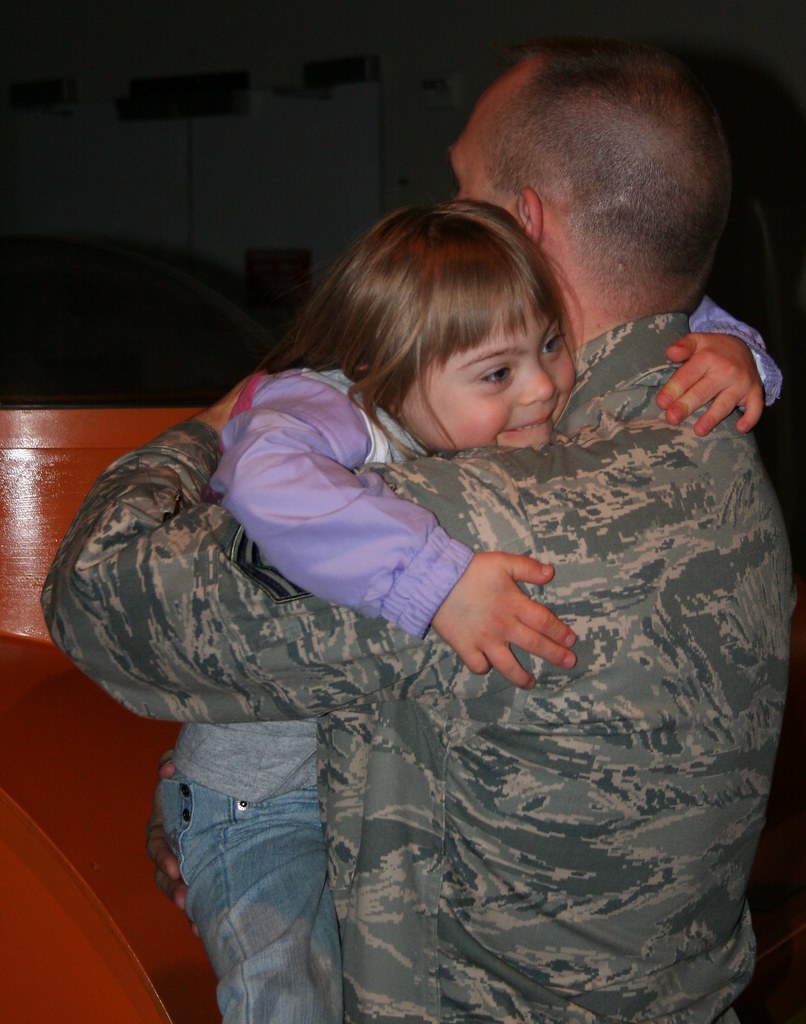
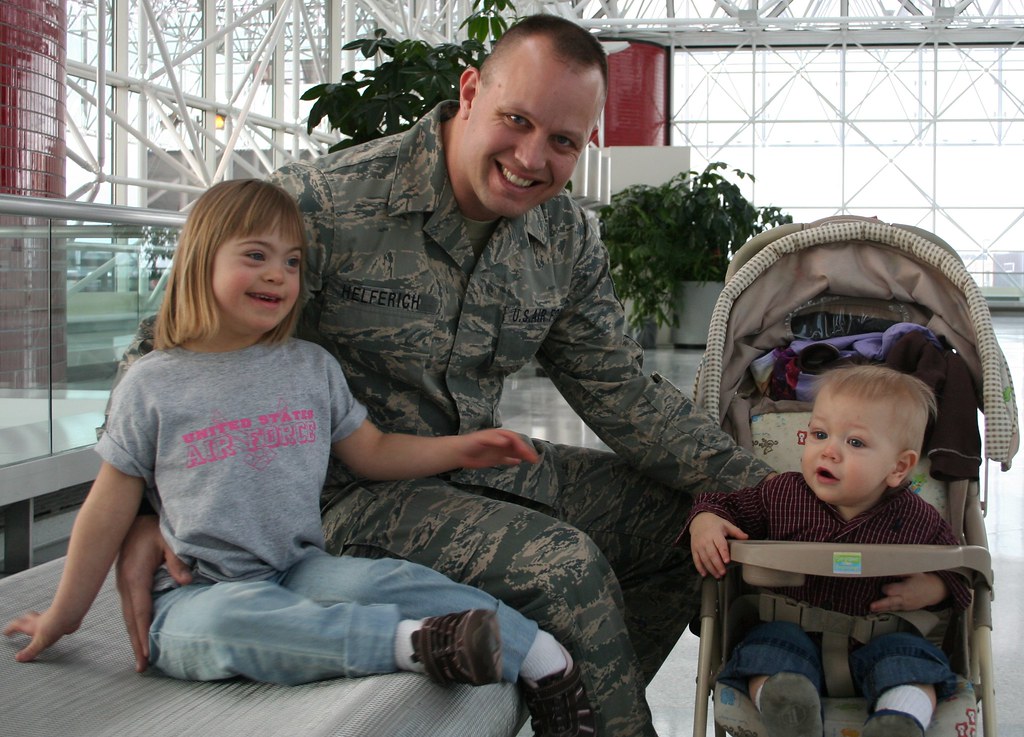
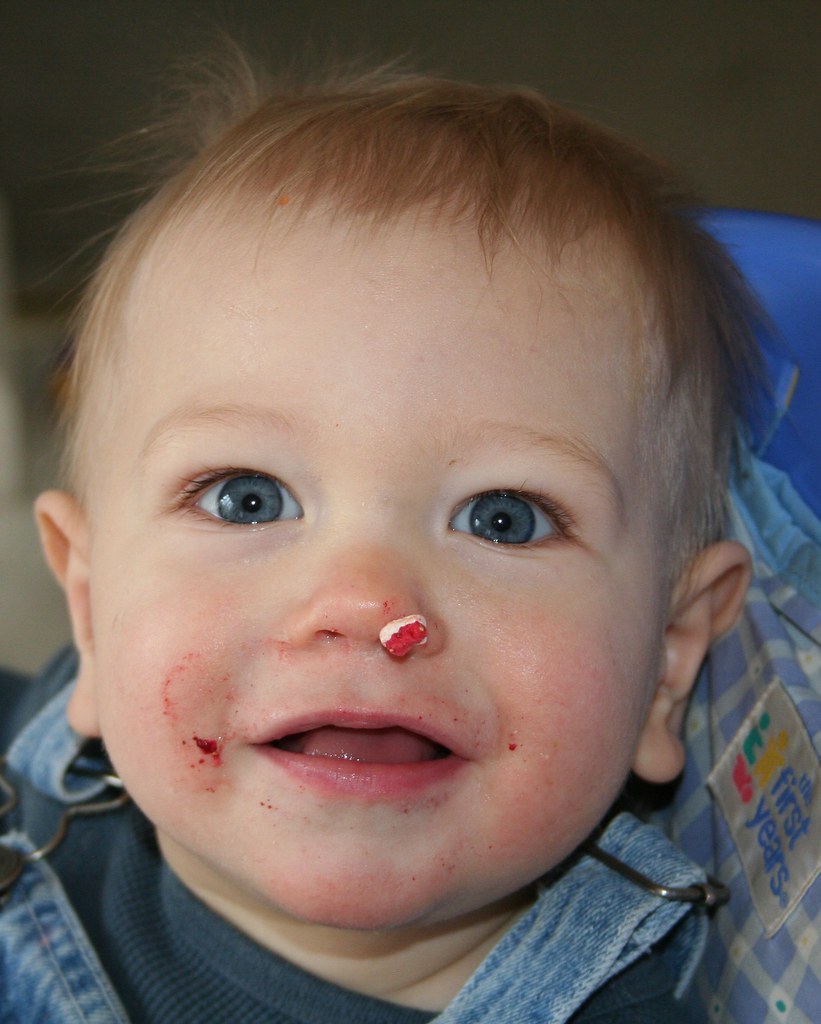
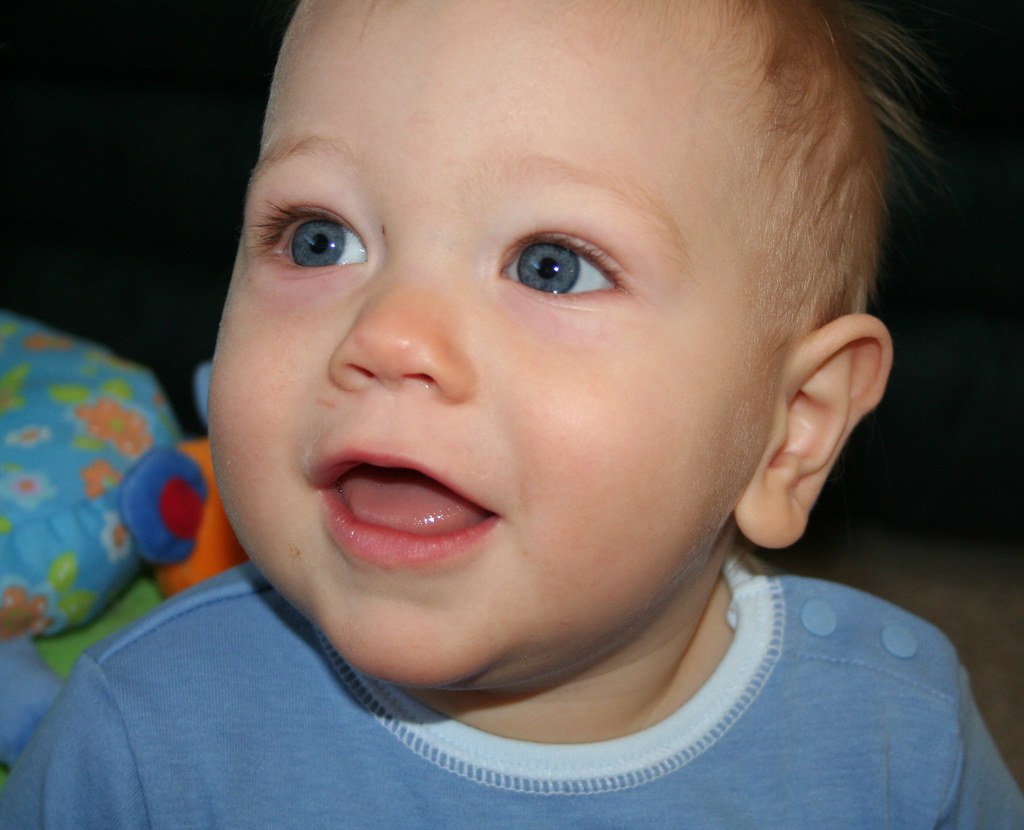
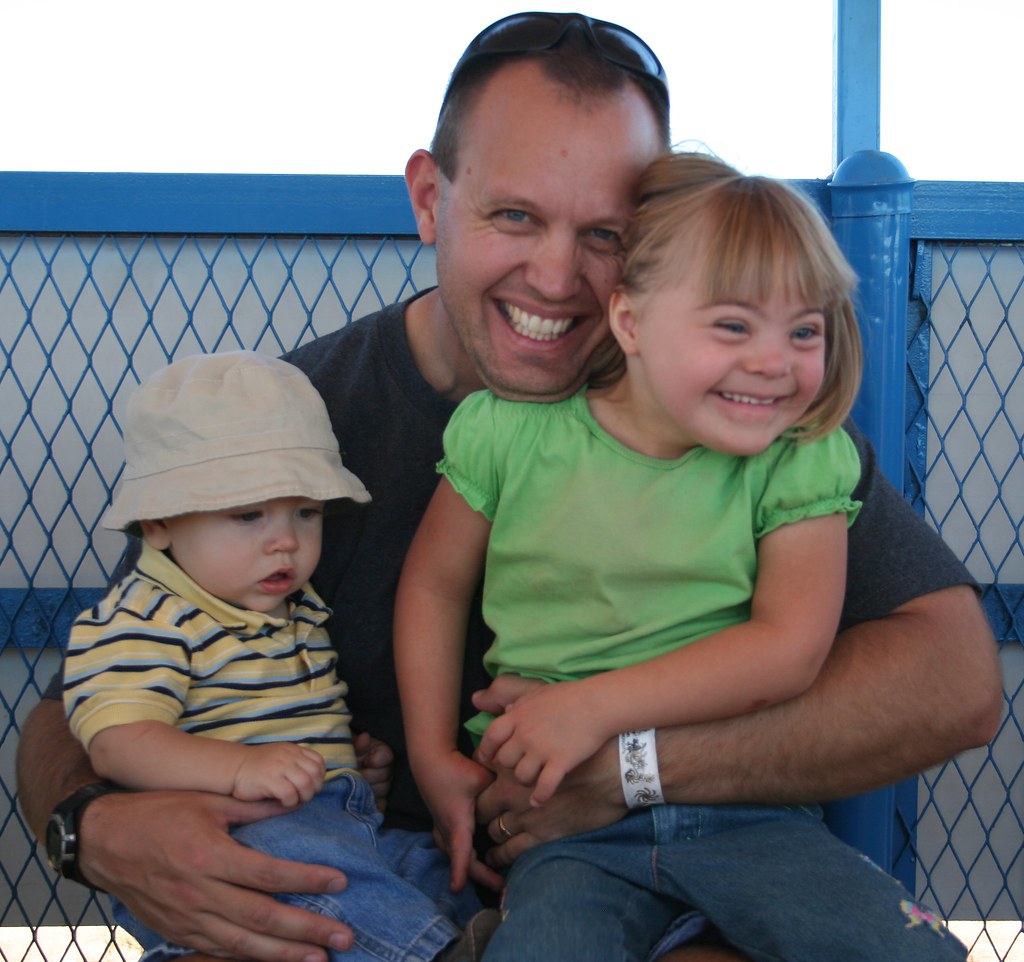
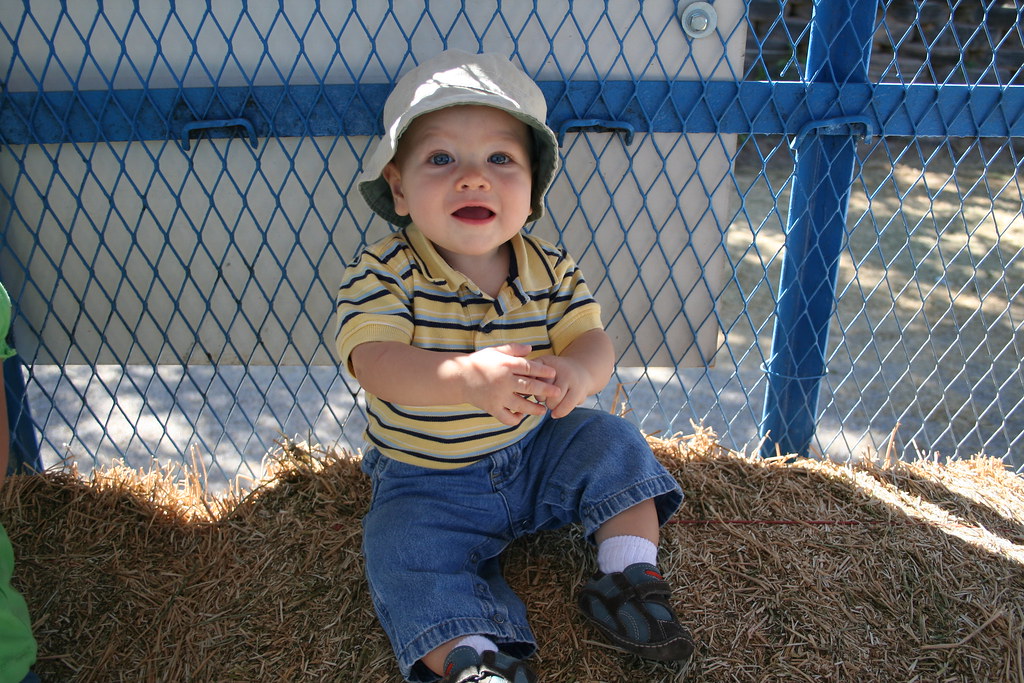


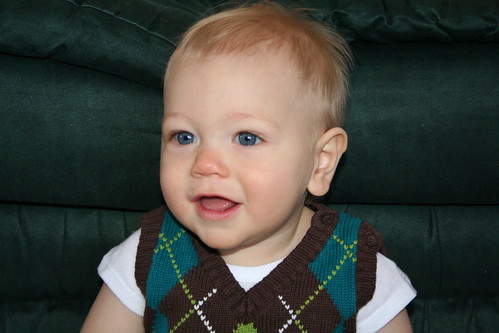


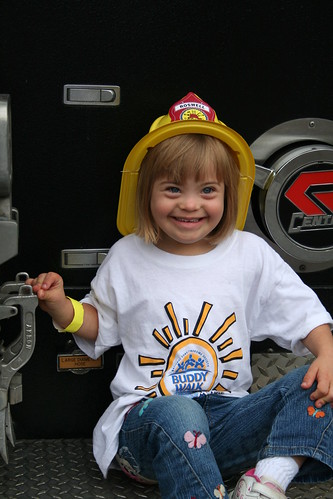
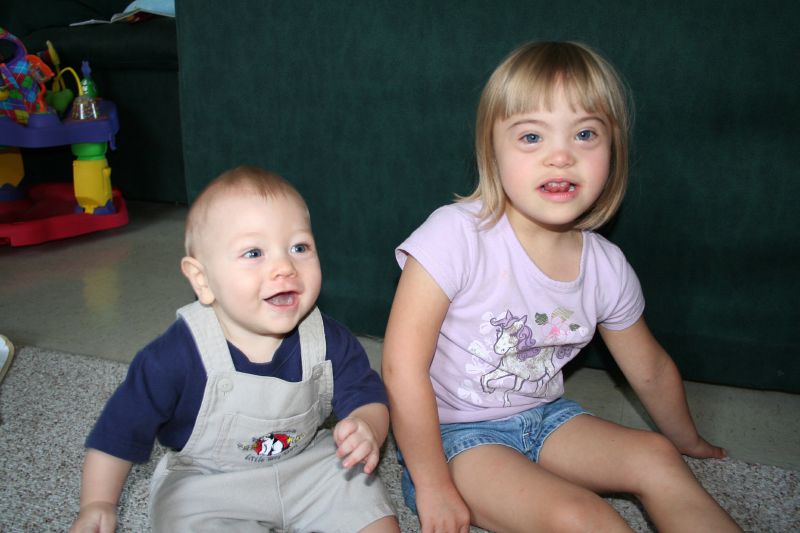
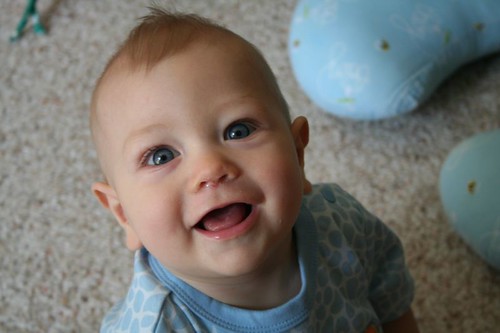

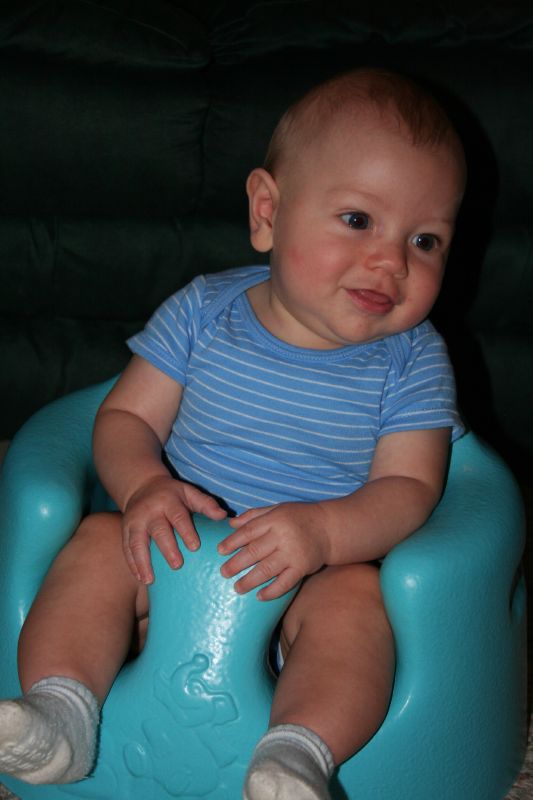

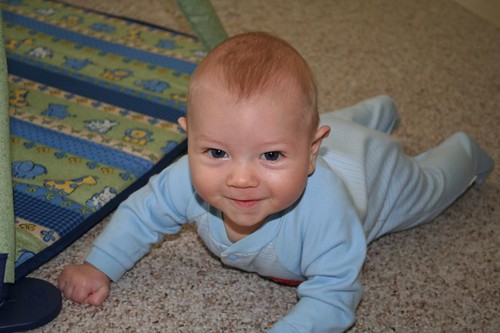
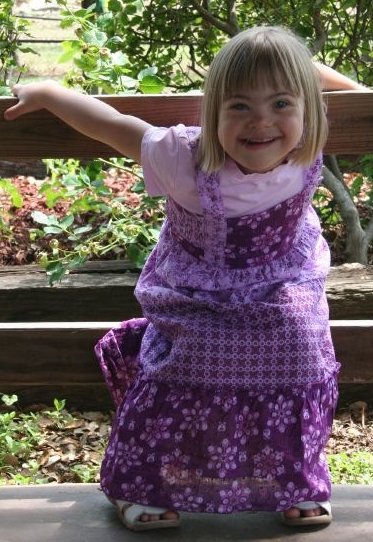
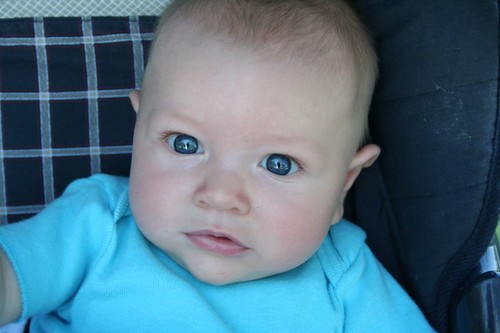
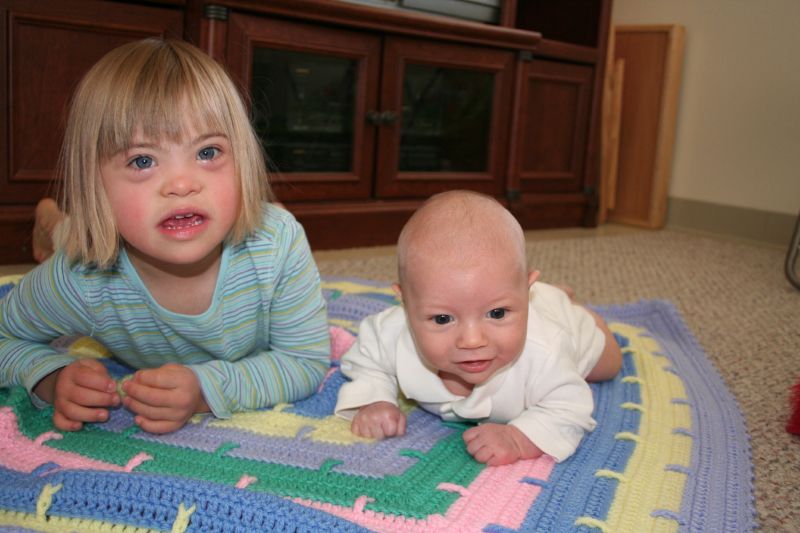
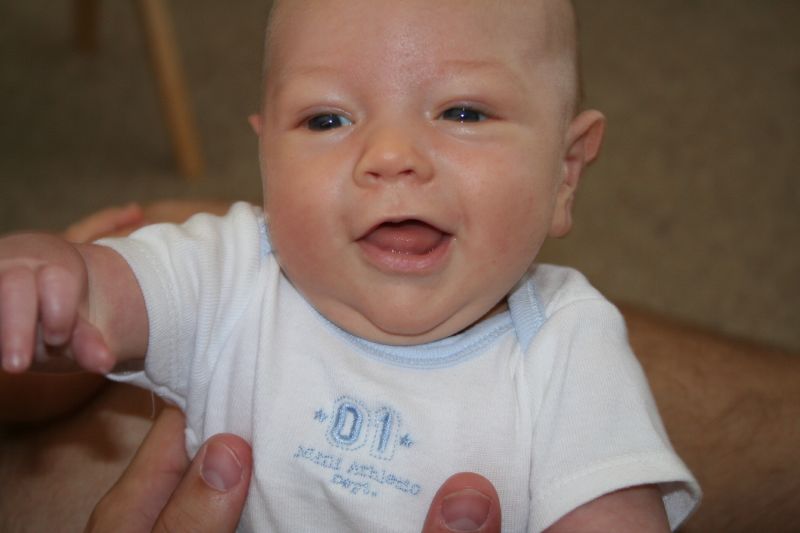
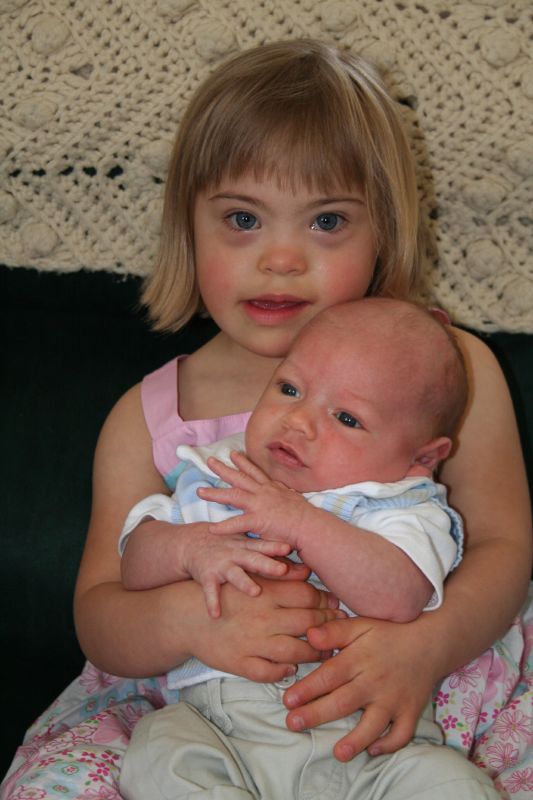
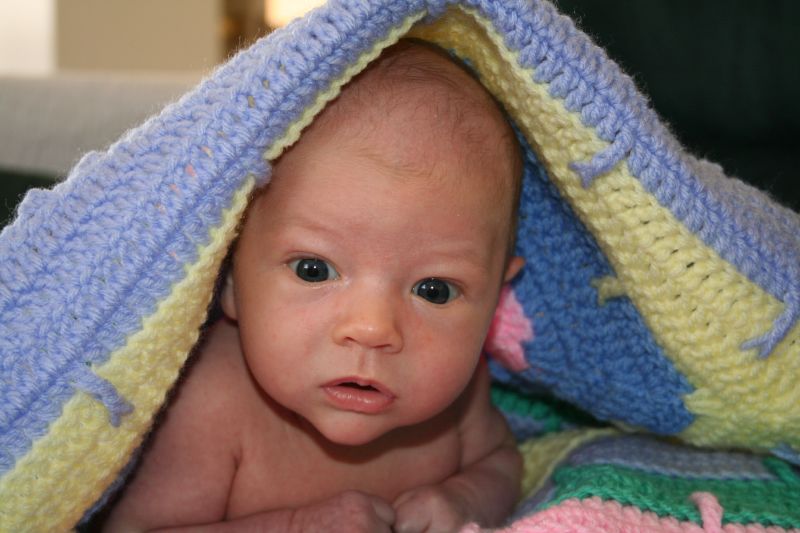
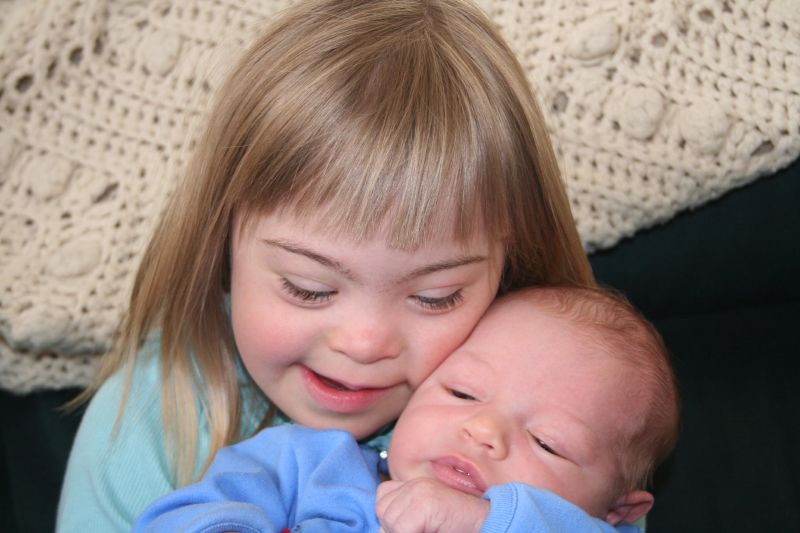
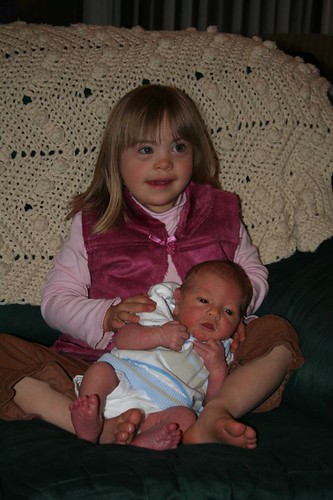
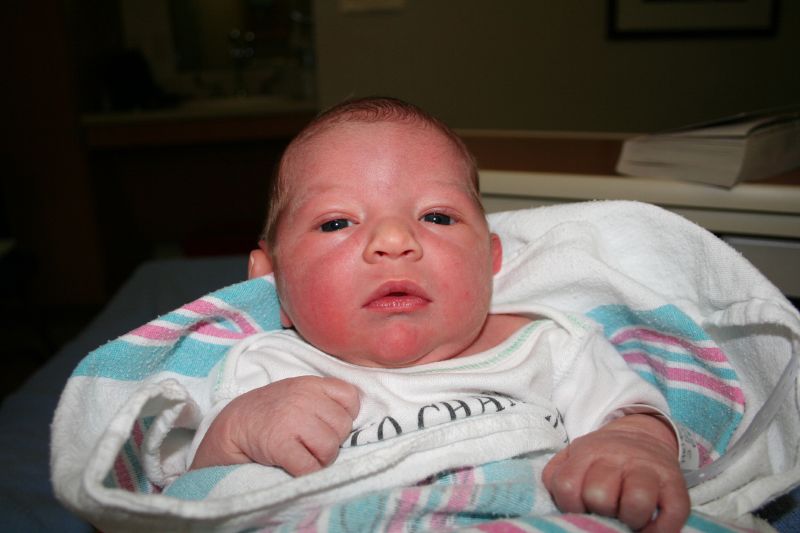
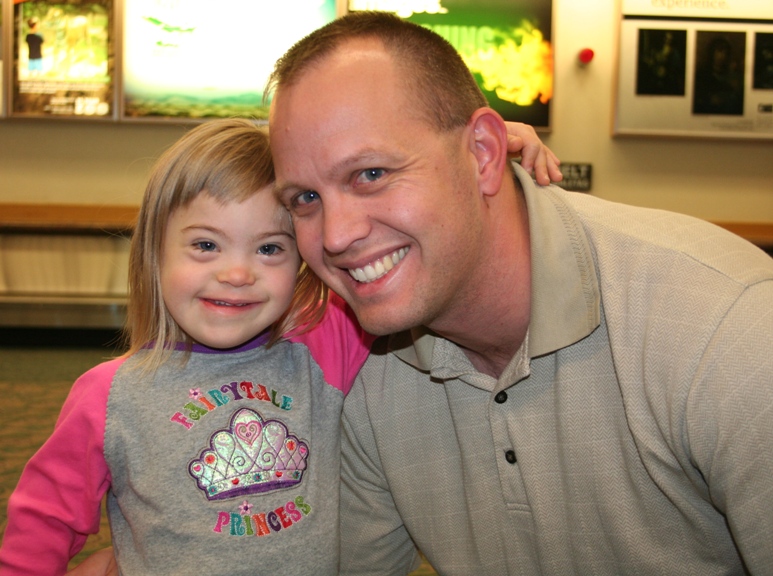
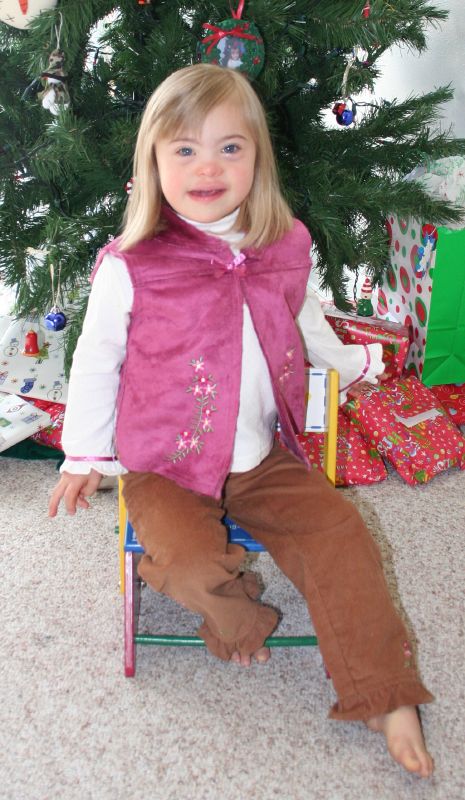
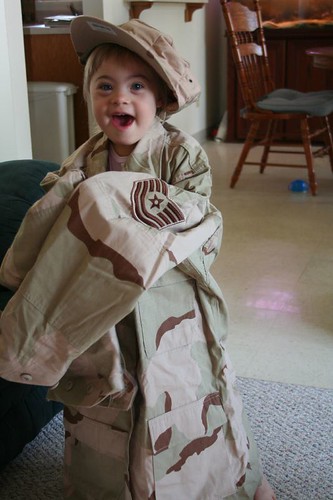
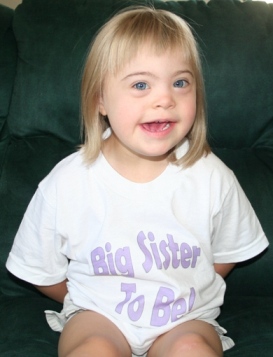
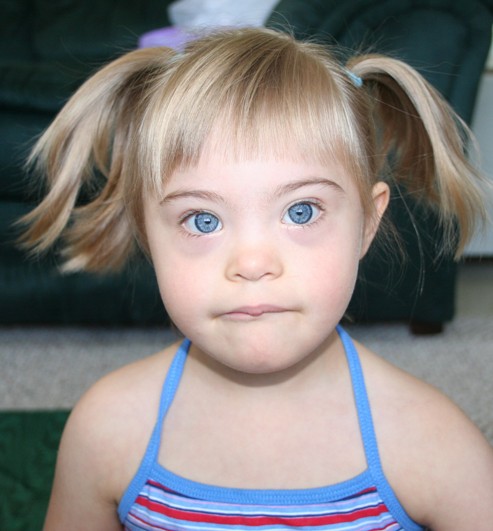
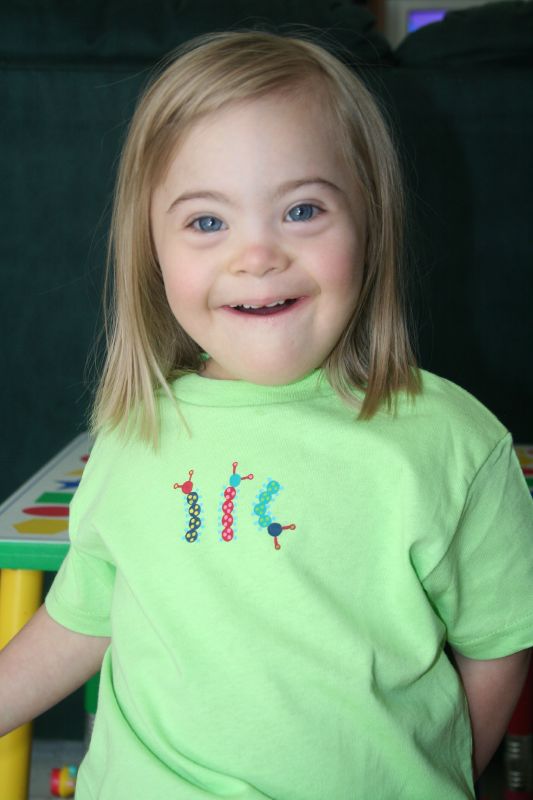



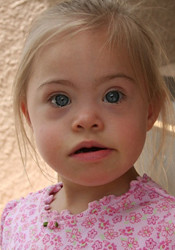




No comments:
Post a Comment